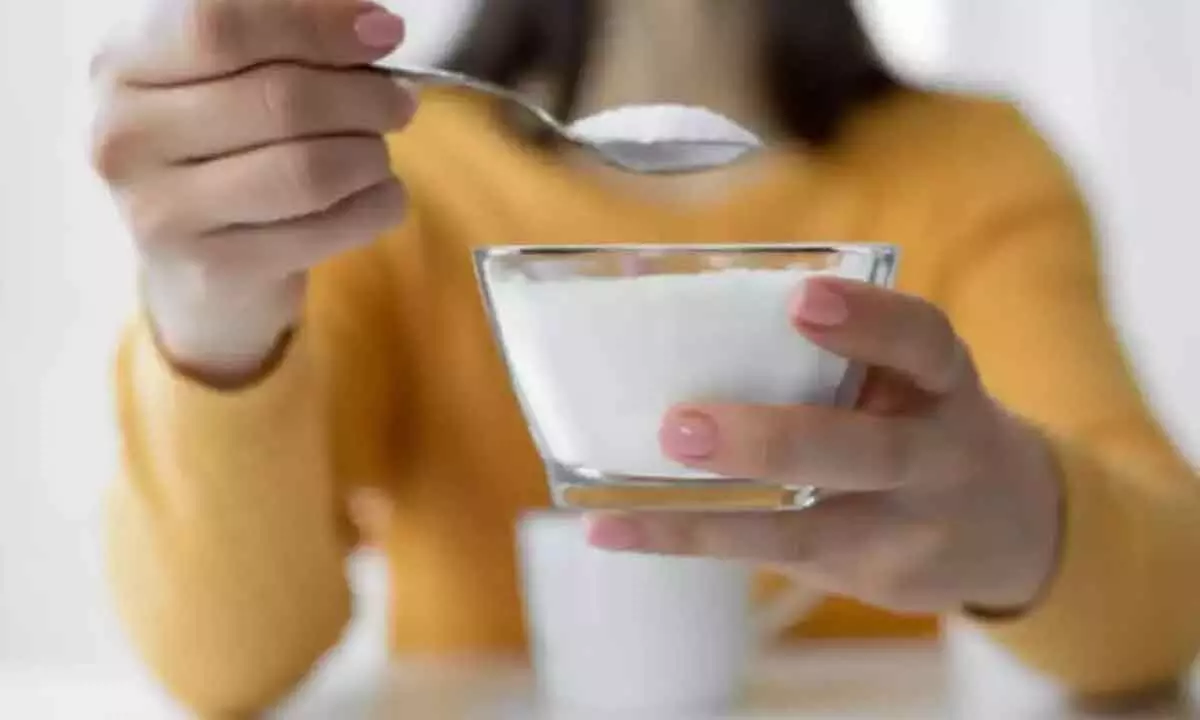NNS (Sucralose) safe to use in small doses; reveals study

- Reports marginal reduction in body weight, body mass index, and waist circumference
- Observes no adverse impact of non-nutritive sweetener (NNS) - sucralose on glycemic markers
The Madras Diabetes Research Foundation (MDRF), a non-profit organization and a premier medical research institute for diabetes and its complications, recently published India’s first study on the effect of sucralose on cardio metabolic risk factors among adults with type 2 diabetes (T2D). Intending to explore the effect of replacing table sugar (Sucrose) with artificial sweetener Sucralose in coffee/tea in Asian Indians, the randomized controlled trial (RCT) examined 179 Indians with T2D for 12 weeks.
The findings reveal that small quantities of Sucralose in daily beverages like coffee and tea have no adverse effect on glycemic markers like glucose or HbA1c levels. On the other hand, the study shows a slight improvement in body weight (BW), waist circumference (WC), and body mass index (BMI).
While several studies have investigated the impact of NNSs in different contexts, there is very little data on the effects of NNS consumed in daily beverages like tea or coffee. This study becomes crucial as many people with diabetes in India continue to use added sugar in their coffee and tea, making the beverages a potential daily source of sugar intake. Further, India’s overall carbohydrate consumption, particularly white rice or refined wheat, is very high. This adds to the risks of T2D.
The study comes at a time when the WHO cautioned against using NNS to control body weight, but clearly stated that the guidelines were mainly meant for people without diabetes. However, the WHO warning raised concerns among healthcare stakeholders and the public regarding the use of NNS, even among those with T2D.
As a part of the RCT, participants were divided into two groups: intervention and control. In the intervention group, added sugar in coffee or tea was substituted with Sucralose based tabletop sweetener, while in the control group, participants continued to use Sucrose as before. Lifestyle patterns and medications remained unchanged. At the end of the 12-week study, researchers found no significant change in HbA1c levels between the intervention and control groups. However, favourable changes were noted in the BMI, WC, and mean body weight. The mean weight loss in the intervention group was 0.3 kg, In parallel, BMI decreased by −0.1 kg/m², and WC decreased by −0.9 cm
Senior Diabetologist Dr V. Mohan, Chairman of MDRF, who led the study said, “This study is very relevant to India as the dietary habits of Indians vary significantly when compared to the rest of the world. Typically, in India NNS is used to replace sugars in daily beverages like tea or coffee. This can help in cutting down calories, sugar intake and increase dietary compliance. Judicious use of NNS like sucralose within the permissible ADI (Acceptable daily intake), in daily beverages like tea and coffee appears to be safe. He added that more studies are underway on the safety and efficacy of Sucralose.”
The study was funded by Zydus Wellness, which also provided the tabletop sweetener in three different formats (pellet, liquid, and powder) containing Sucralose for use in the study. The sponsors however had no role in the study conduct or data analysis.
Link to report - https://link.springer.com/article/10.1007/s13300-024-01622-6














